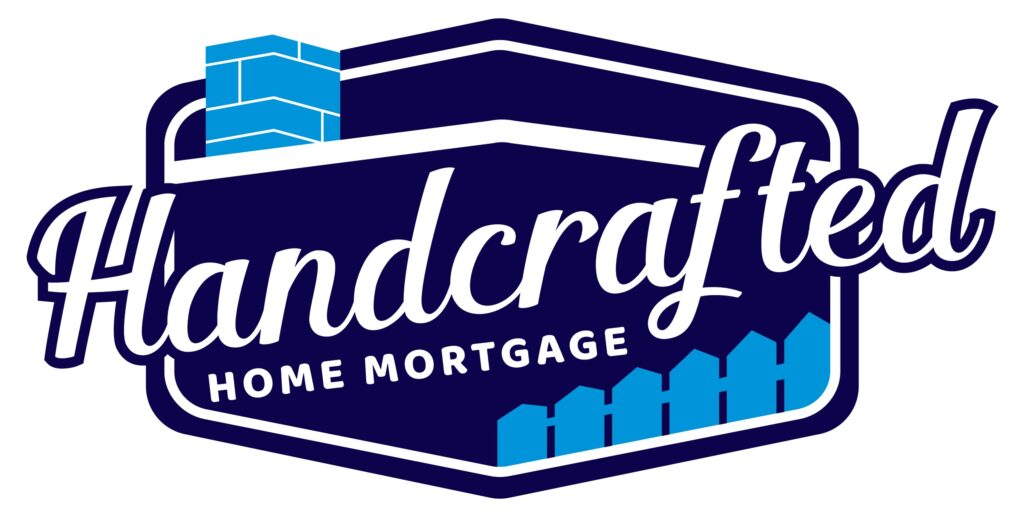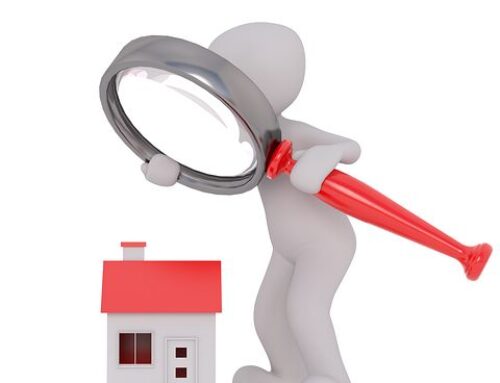Whoever said “it’s the little things that count” wasn’t kidding when it comes to closing a loan on a house. If your loan officer or real estate agent were able to articulate all the hoops that must be jumped through from the day an offer is accepted to the day the house keys are handed over, they will have earned hero status.
The BIG things for the seller include signing off on the buyers’ inspections or fixing anything that comes out of them as a negotiation point of the sale, making sure the buyer gets a final loan approval and seeing their funds being deposited in escrow. But what about some of a sellers’ most overlooked things — those that have the capacity to wreak havoc at the least minute, keeping escrow from closing just when you thought the money would be in the bank?
Little things can be mini-bombs that go off at the last minute. You may not give utility bills a second thought. But utility companies, as well as closing personnel, will certainly notice that you forgot to pay your water bill. Any bills that stacked up against your property are your responsibility until you hand over the house keys. Failure to pay a $55 water bill can see everything come to a screeching halt.
A detailed walkthrough of your property is not only expected by the buyers, but encouraged by their agent, their banker — anyone who has an interest in seeing the transaction close. If they saw your home furnished and appearing in pristine condition when they made their offer, but now see gouged floors and banged up walls that weren’t there until after you moved out, it’s your responsibility to fix it, even if it’s due to natural causes, like flooding from a bad storm. Damage that occurred after a home inspection is always the responsibility of the seller, so you’ll be expected to make good on any damage that could have been your fault.
An issue that crops up more frequently than some people realize is property line and survey issues. If your neighbor was such a bud that his play set’s piers were cemented into the ground within your property line, it can hold everything up until the structure is moved if the buyer requests it. If you built a storage shed over a utility easement without knowing it, you’re still at fault and must remedy the situation. Fences don’t always follow property lines, either. Make sure you study the survey performed on your property and get these things addressed before the buyer heads over to sign papers.
So now we’ve warned sellers. What if you are the buyer? Something Realtors might not warn you about (but your loan officer definitely will) is the mistake of making major purchases AFTER your loan approval — one that has the capacity to lower your cash reserves and/or affect your credit score, making your loan approval become a fleeting moment instead of a reality. While it may be a pain for YOU, since you thought you had chosen the house of your dreams, think as well about the seller of the home you offered on in good faith. They may have already purchased another home and physically moved out. Your little slip-up may have just caused a domino effect to take place, with escrow fallouts happening in rapid succession.
The key here is to stay vigilant as to any potential hiccups that can occur by staying in close touch with your agent, your escrow officer, and any loan personnel that may be involved during closing week. They may have multiple transactions to deal with, while you have one — your own. And what can appear to be a small hiccup on the surface can bring things to a screeching halt if not dealt with promptly. While everyone tries to keep things together on your behalf, being proactive is never a bad idea.








Leave A Comment
You must be logged in to post a comment.